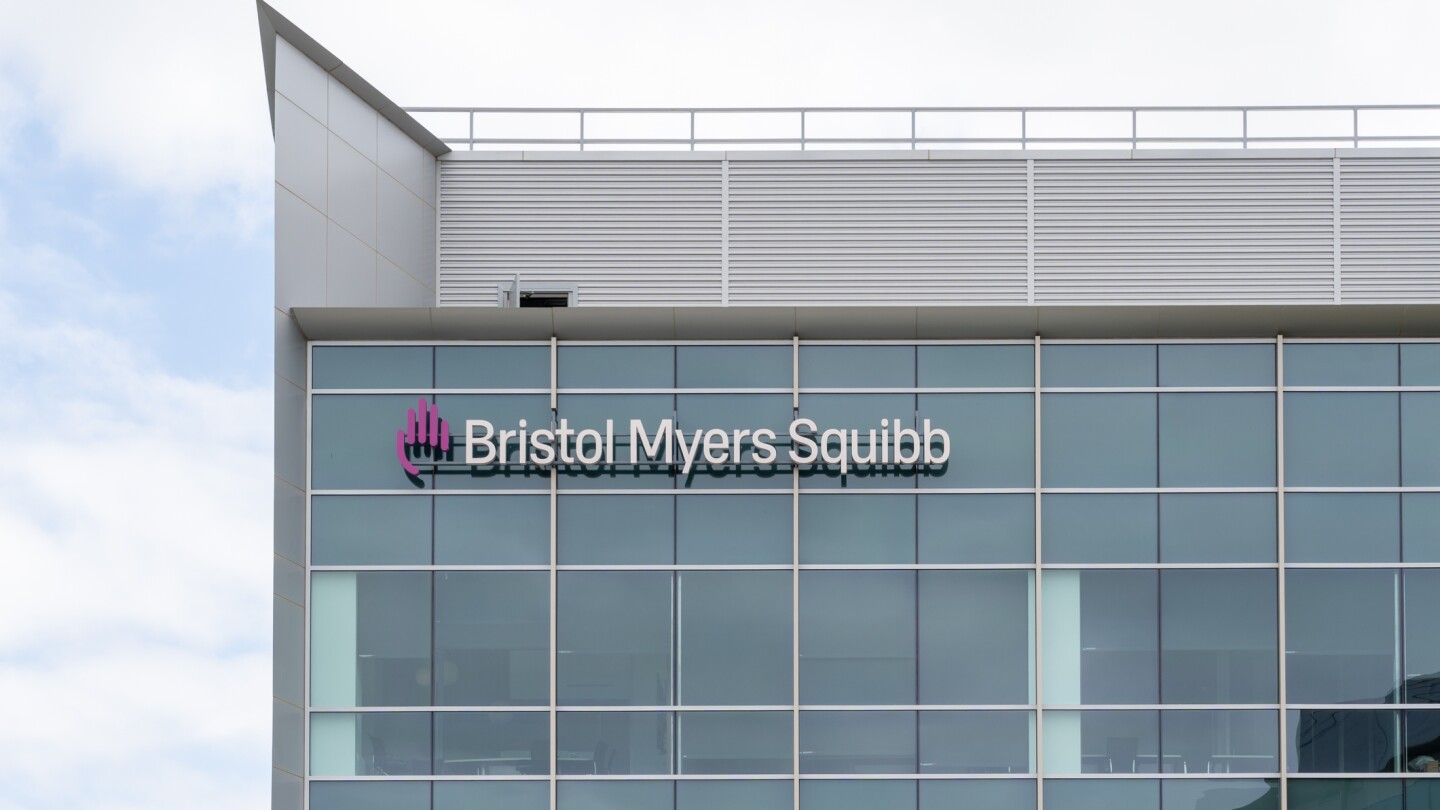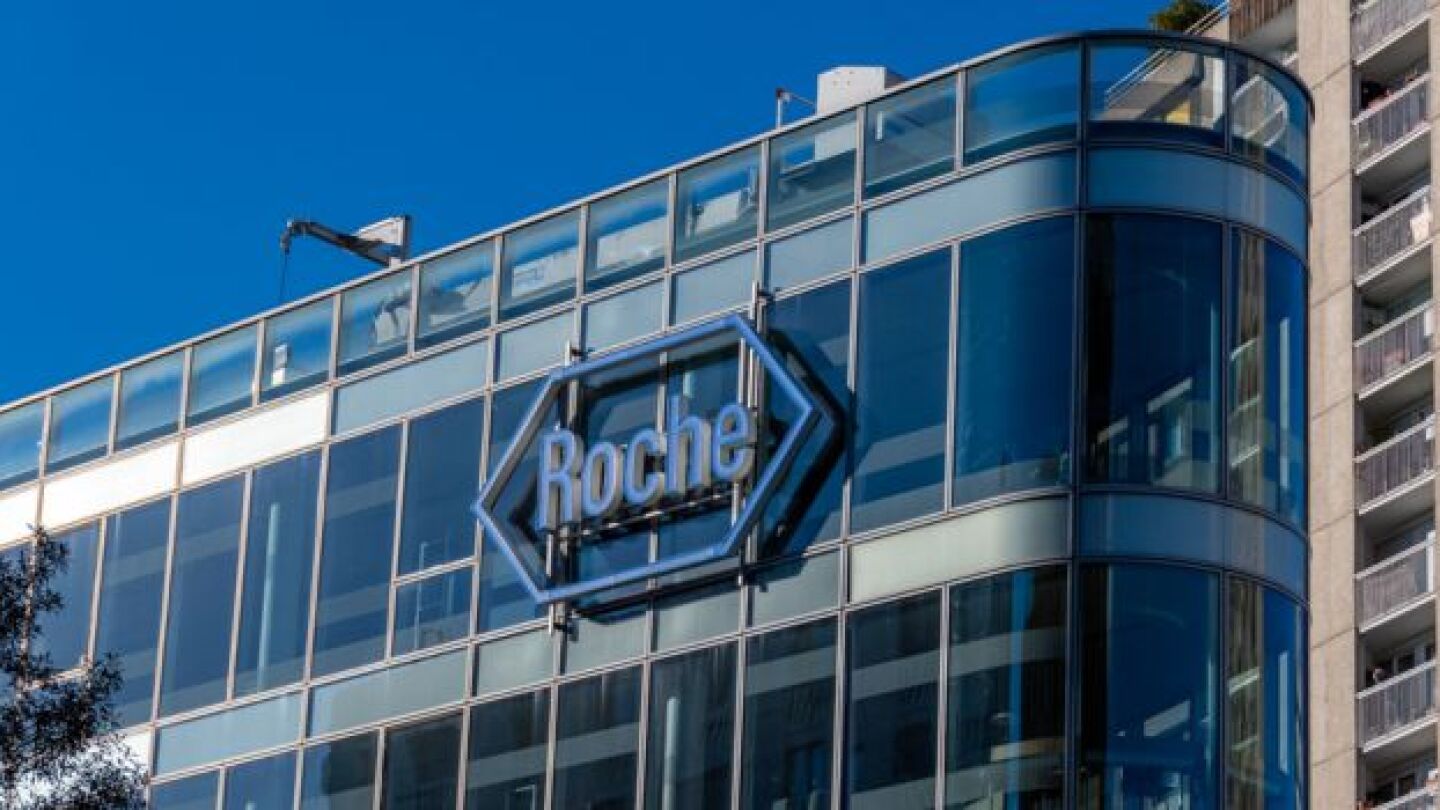News
Last week, The Trump administration reversed a Biden-era proposal for Medicare coverage of anti-obesity treatments. But on Monday, HHS suggested it is open to future policy considerations toward this end.
FEATURED STORIES
Mixed headlines have plagued the cell and gene therapy space of late. We believe that a renewed case of optimism is not only warranted but essential if these therapies are to reach their full potential.
Since July, several biotechs have been forced to pivot as previous agreements with the FDA around evidence required for approval were reversed, a phenomenon that, according to experts, could portend a more restrictive regulator.
The drugmaker’s dominance of the obesity market is fueling predictions that years of growth lie ahead.
Job Trends
Pivotal data from the Phase 3 XTEND-Kids study evaluating ALTUVIIIOTM [Antihemophilic Factor, Fc-VWF-XTEN Fusion Protein] once-weekly prophylaxis, a first-in-class, high-sustained factor VIII replacement therapy, in previously treated patients younger than 12 years of age with severe hemophilia A were presented in a late-breaking session at the Annual Meeting of the International Society on Thrombosis and Haemostasis in Montreal, Canada.
FROM OUR EDITORS
Read our takes on the biggest stories happening in the industry.
Unpredictable communication and a lack of transparency are eroding the industry’s and the public’s trust. The FDA, experts agree, needs to take control of the narrative.
THE LATEST
Novo Nordisk executives set a high bar for itself when it projected CagriSema could achieve 25% weight loss. When the GLP-1 combo didn’t hit that mark, investors reeled.
Galectin’s shares tanked in premarket trading Friday after the biotech revealed its lead asset missed the primary endpoint for its Phase IIb/III trial for patients with a type of liver cirrhosis.
First approved in 2021, Jemperli has now become a cornerstone of GSK’s cancer business, earning more than $160 million in the third quarter.
Investors appeared disappointed by CagriSema’s Phase III readout, which showed weight loss that fell short of Novo Nordisk’s prior projections for the therapy. Meanwhile, Eli Lilly’s stock rose on the news.
Despite securing the industry’s first approval for familial chylomicronemia syndrome, BMO Capital Markets believes that Tryngolza’s regulatory triumph will not be a significant positive for Ionis. Instead, the firm is focusing on olezarsen’s readout in severe hypertriglyceridemia, a much larger market.
After a couple months of uncertainty, the FDA has told compounding pharmacies that they have 60 to 90 days before the agency will enforce rules to stop their production of GLP-1s.
The closures follow Novartis’s acquisition of MorphoSys earlier this year.
BioArctic received $100 million upfront with another $1.25 billion in potential milestone payments on the line for two pyroglutamate-amyloid-beta antibodies.
In this episode of Denatured, BioSpace’s Head of Insights Lori Ellis, Miguel Forte and Ali Pashazadeh speculate on the impending Trump administration, discuss current challenges faced by CEOs and weigh investment in GLP-1s.
The report comes just two days after Novartis announced its own Parkinson’s drug failure.

















